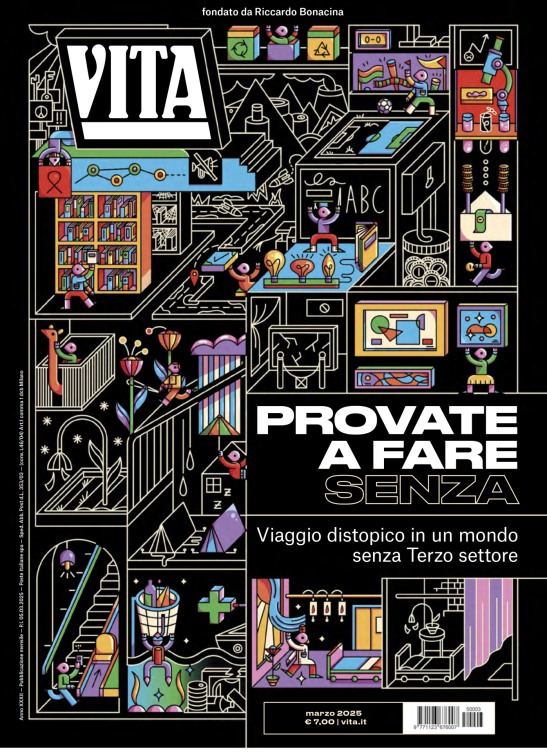Mondo
How to make European Funds more effective – the study
For the first time from within the European institutions, a working group will discuss the EU funding procedures from the third sector’s point of view
di Staff
In six months, a study to promote a better return from EU investment to third sector will be the output of the working group conceived by Filippo Addarii, director of the Acevo-affiliated Euclid Network of European sector leaders.
The working group, made up of Mr Addarii and some other members of the European Active Citizenship Group – EACG, is part of the EACG itself, which is sponsored by the Directorate-General for Education and Culture of the European Commission.
Leitmotif of this report will be how to effectively use European Funds. The EU is in fact one of the biggest donor all over the world.
Specifically, the issues tackled in the report will be the following:
– review of the current financial regulation of the EU funding as far as some modifiable aspects are concerned (such as funding for volunteerism, not-in-cash co-founding, in-kind sponsorship, which are issues not specifically regulated by the current regulation)
– recommendations for the new financial regulation, which will be in force in 2014; these proposals will deal, for example, with the so called “non-profit constraint”.
Mr Addarii stated that he will also try to catch useful advice from members of the Euclid Network he heads.
After this six-month project will be concluded, the report will be brought to the European Commission in order to be discussed.
As Mr Addarii reminded, in 2005 another study on EU funding procedures was conducted by a team of external organizations independently. Yet, the outcomes of this work came too late to have an actual influence on the financial regulation.
This is why, for the 2014 EU funding financial regulation, a debate and a review of the actual funding strategies are already taking place 5 years before the deadline.
Additional source:
Cosa fa VITA?
Da 30 anni VITA è la testata di riferimento dell’innovazione sociale, dell’attivismo civico e del Terzo settore. Siamo un’impresa sociale senza scopo di lucro: raccontiamo storie, promuoviamo campagne, interpelliamo le imprese, la politica e le istituzioni per promuovere i valori dell’interesse generale e del bene comune. Se riusciamo a farlo è grazie a chi decide di sostenerci.
